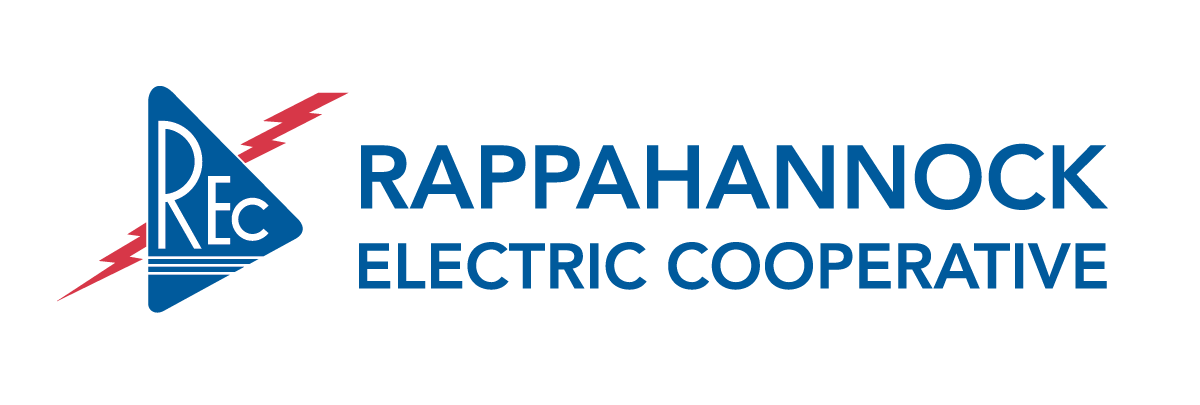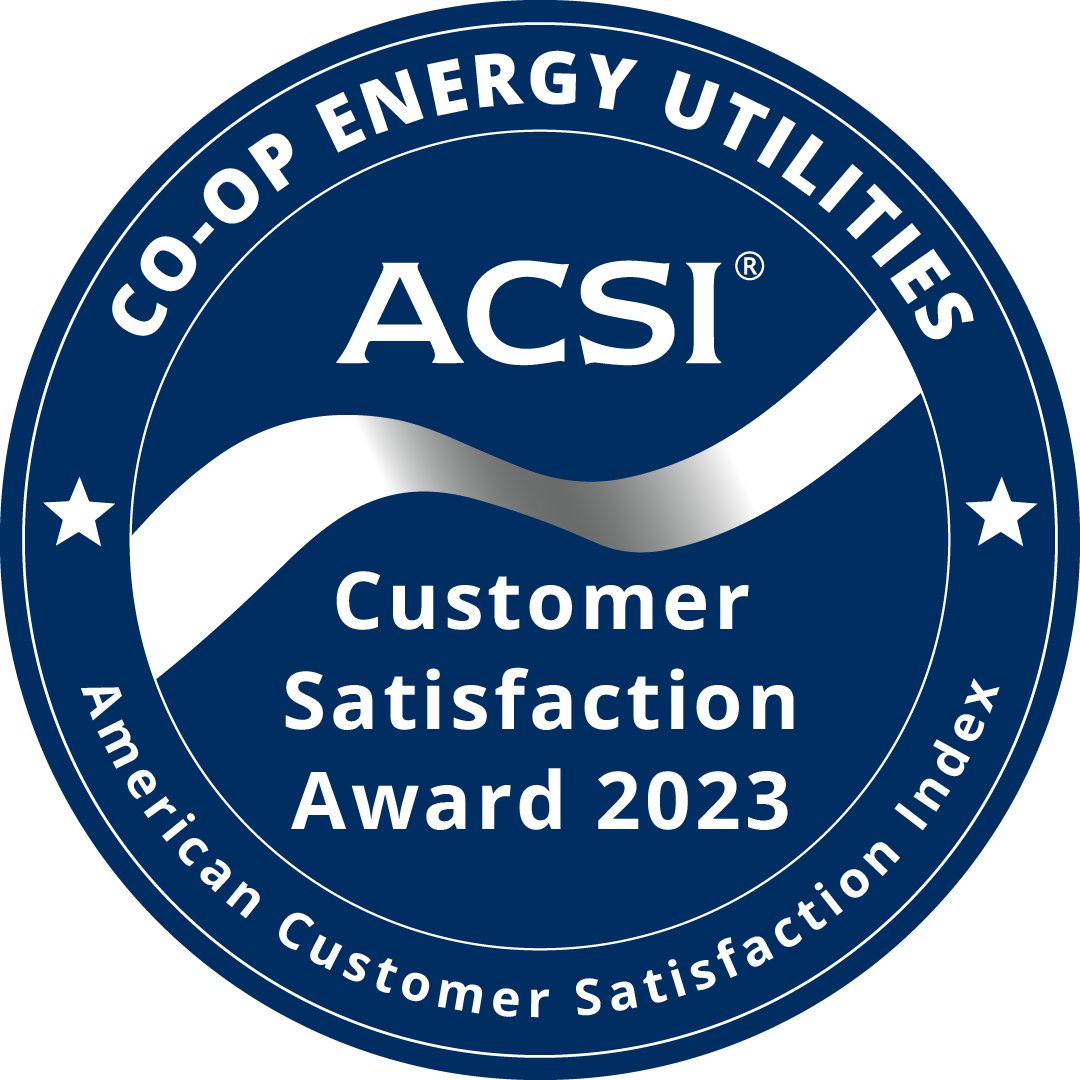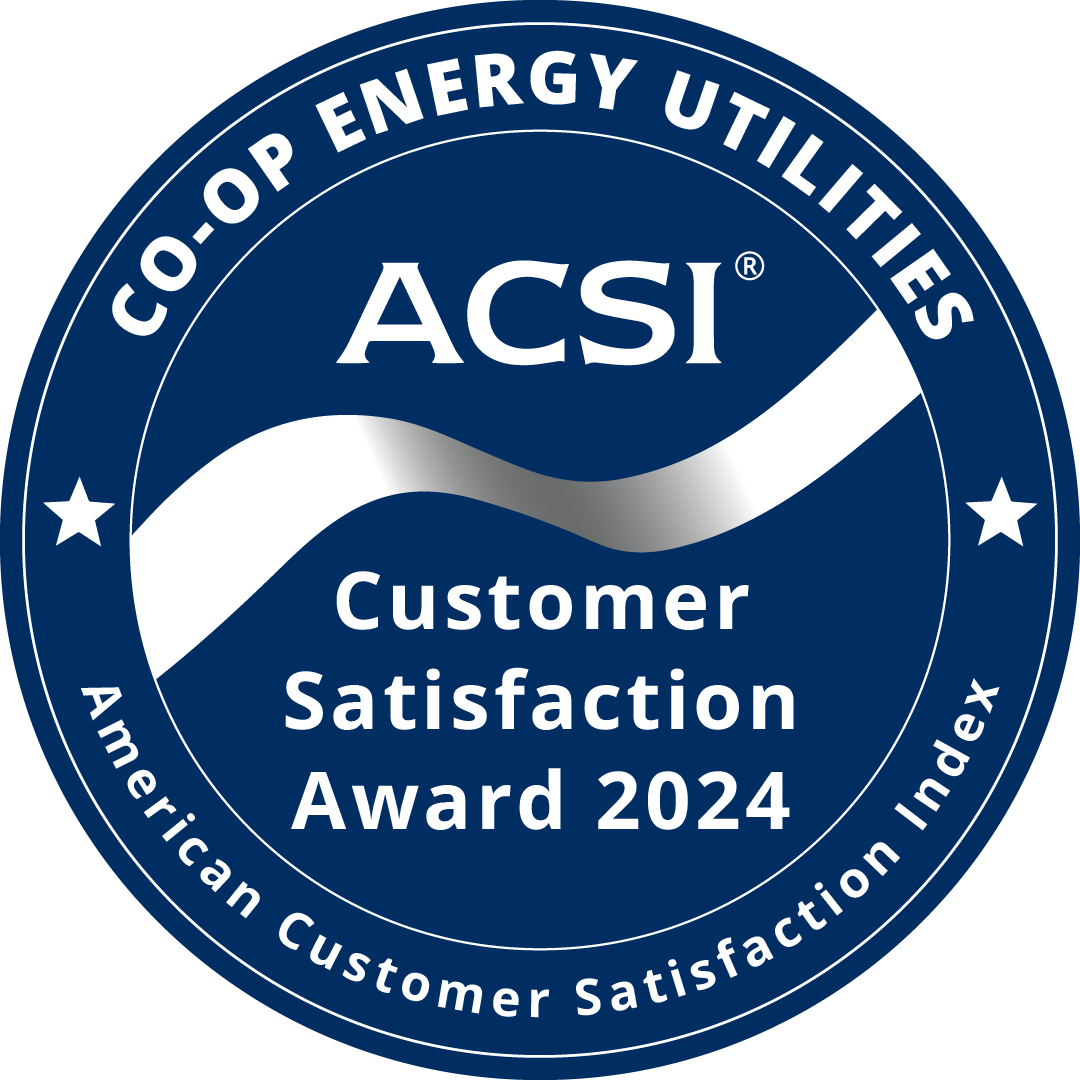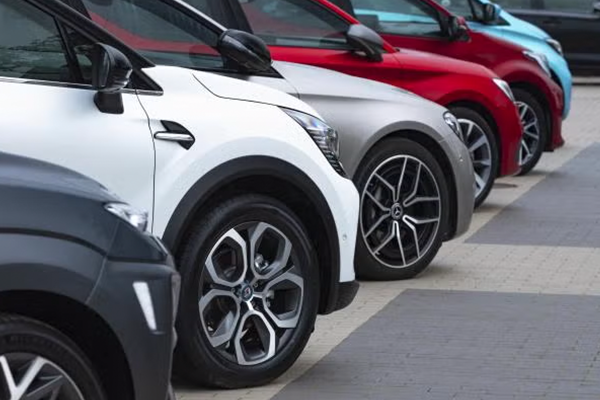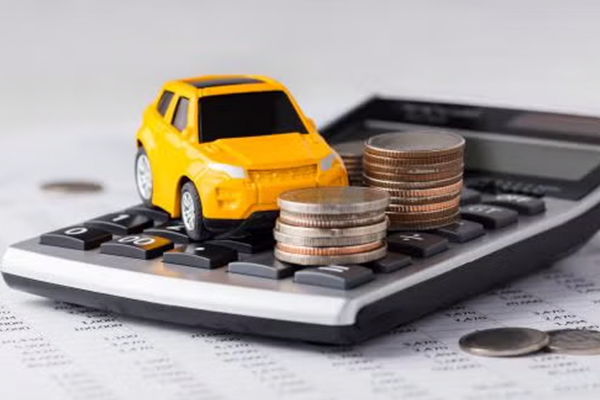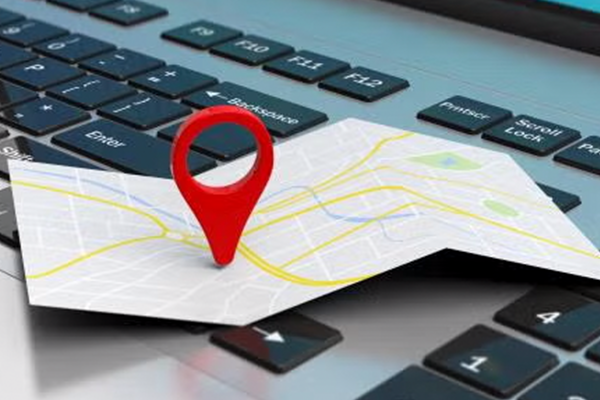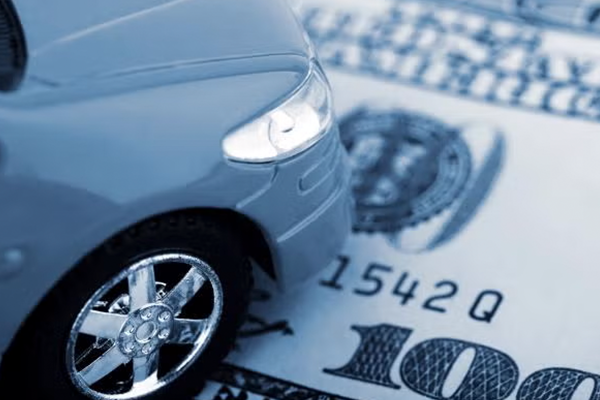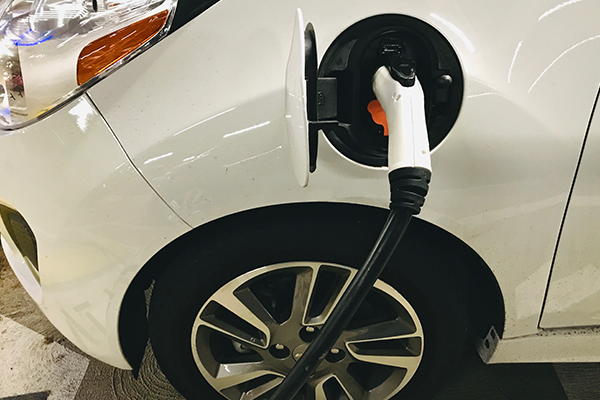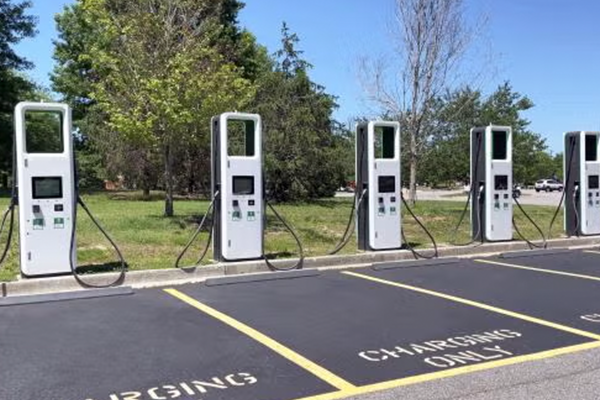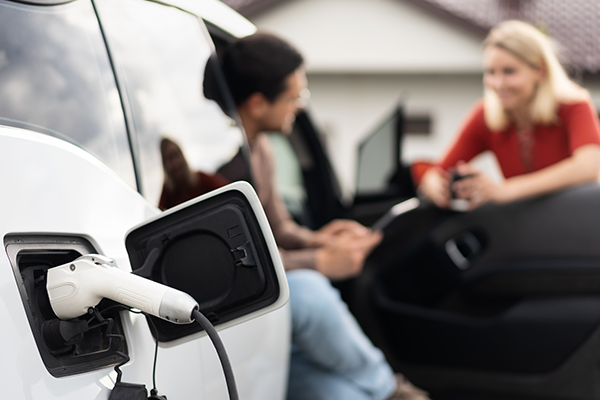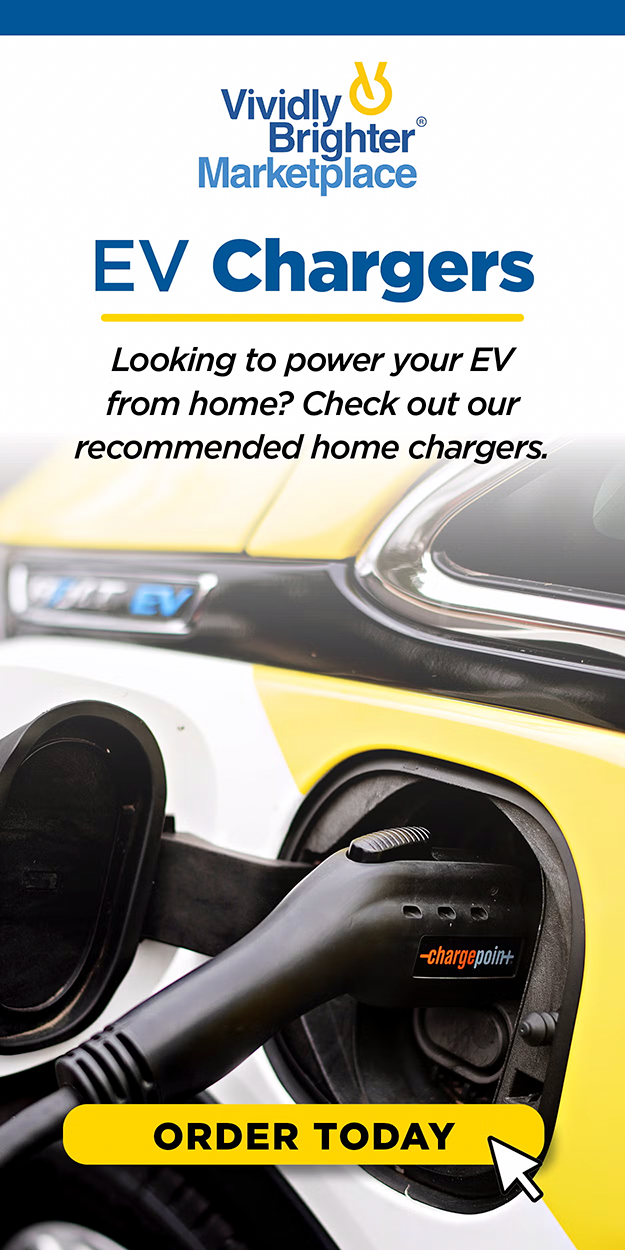Thank You for Driving the Future with REC!
We extend our thanks to the 400 electric vehicle owners who participated in REC’s Electric Vehicle Pilot Charging Program. Throughout the pilot, participants shifted their charging to off-peak hours, earned rebates, and helped reduce overall energy demand—making the program a true success.
As the pilot concludes on May 10, the $7 monthly bill credit will come to an end. But this is just the beginning. Our team is actively developing new programs to continue supporting EV owners and offering new opportunities to save.
Stay tuned—more exciting updates are on the horizon!
Interested in being part of future EV programs at REC?
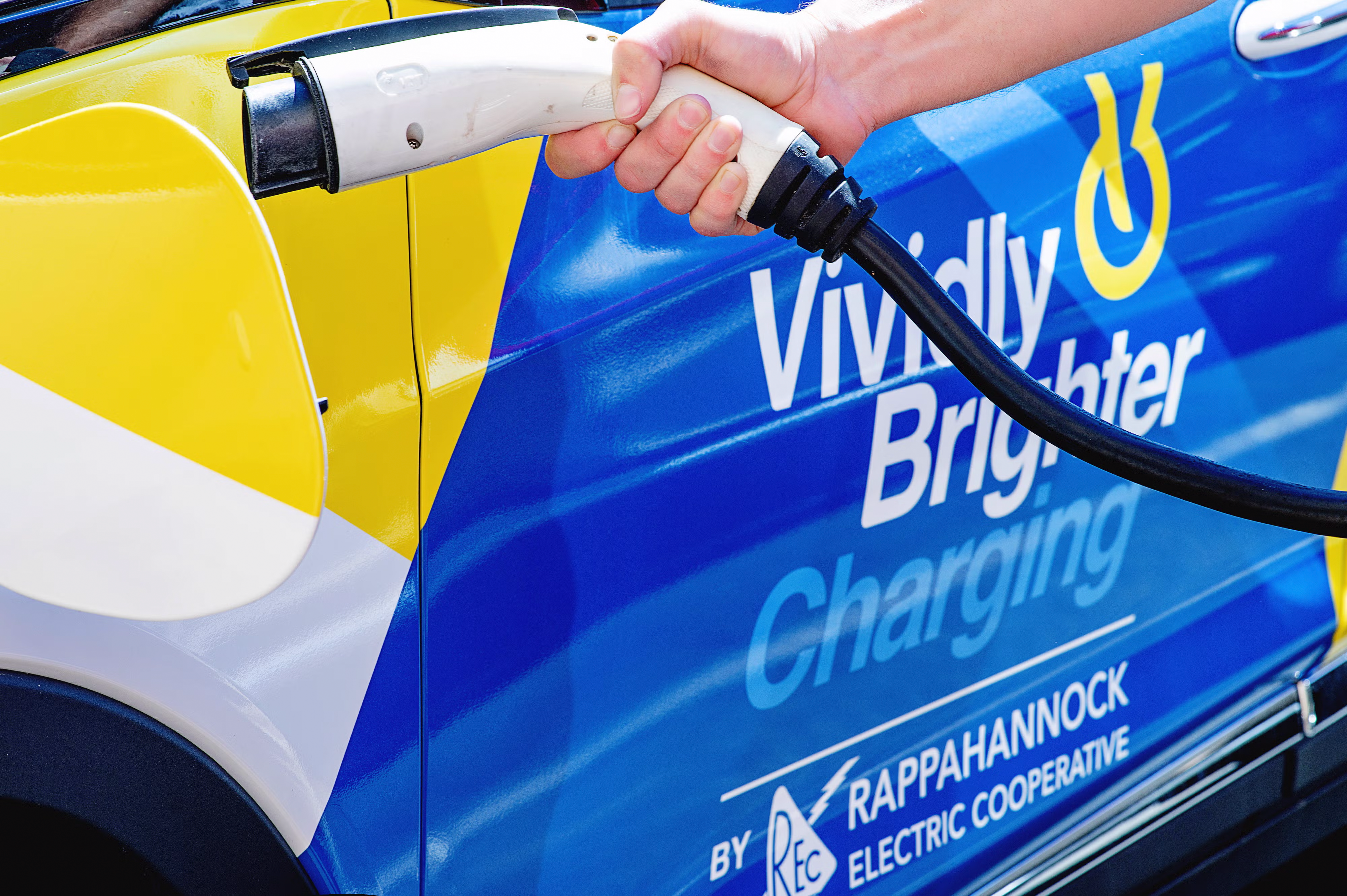
Learn about EVs, fuel savings and charging.
View Available Models
Explore available models and find the All-Electric or Plug-in Hybrid Electric Vehicle model that fits your lifestyle.
Lower Fuel Cost
See how much you'll save when you switch from a gas or diesel vehicle to an electric vehicle!
Learn about special rate programs and incentives.
Find a Local EV Dealership
We can help you find local dealerships that specialize in electric vehicles. Call before visiting to ensure EV models are in stock.
EV Incentives
You may be eligible for various incentives for the purchase of an electric vehicle, charging equipment and rate programs.
Do you have the ability to charge a vehicle at home?
Yes, I can charge at home.
If you have a garage, carport or driveway with access to electricity, you can probably charge at home. There are two primary home charging options.
Level 1 120V charging
(standard household outlet)
Level 2 240V charging
(requires installation and/or 240V outlet)
No, I can't charge at home.
Public charging is likely available, but keep in mind it takes time and prices vary substantially. Charging time varies based on car battery size and charger power.
Level 2 240V charging:
4 to 8 hours
Level 3 480V+ charging:
20 to 30 minutes (Not for PHEVs)
Additional EV resources
Is an EV a Good Fit For You?
More information and general facts about EVs to help you decide if it is a good time for you to purchase an EV.
Need EVs for Your Fleet?
More information on how EVs can help your business and commercial needs.
